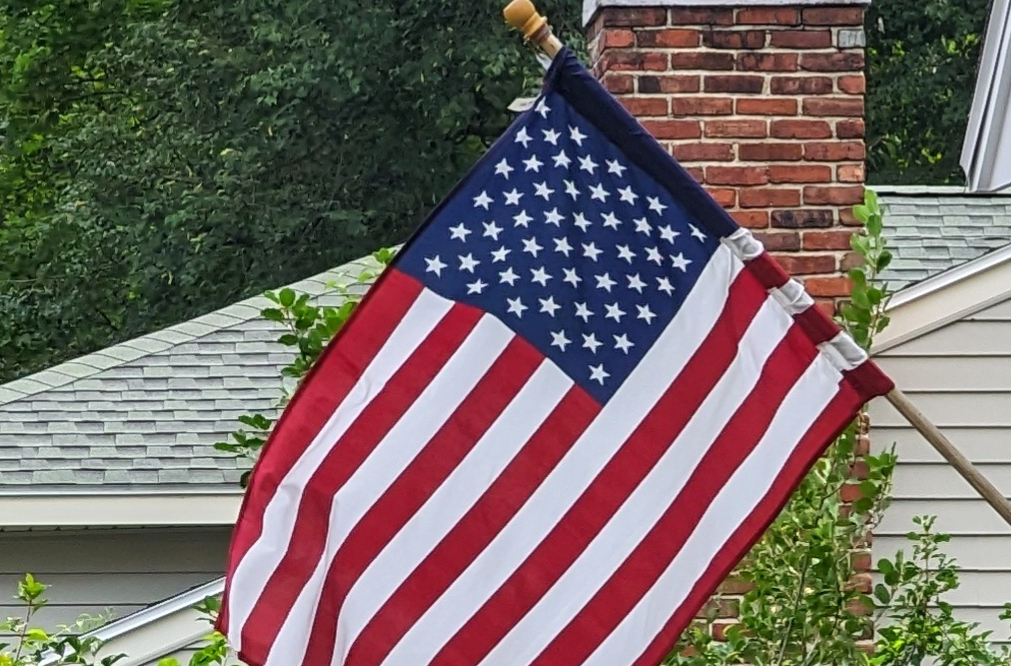
Continuing a Tradition of Civics Excellence
By Mike Sabo With new institutes emerging at colleges and universities in Florida, Ohio, Utah, Tennessee, North Carolina, Texas, and elsewhere, civics education may be

April is known for showers and taxes. But perhaps the most pivotal day in modern history occurred on April 19, 1775 – the day of the Shot Heard ‘Round the World. Yes, it was more than a full year before America declared independence, but the world truly changed on April 19.
700 British troops were attempting to seize the military stores at Concord. Losing those supplies would be another step toward tyranny. At Lexington, colonial militias made a stand. They blocked the way to Concord. Someone – lost to history – fired the first shot. The American Revolution was born.
This first skirmish resulted in 8 colonial deaths, 10 wounded; the British escaped with just one wounded. The Americans retreated, but reformed with a much bigger resistance at Concord. The British were driven out, under assault the entire retreat to Boston. At the end of the day, 49 colonists were killed and 39 were wounded (with 5 missing); the British suffered 73 killed and 174 were wounded (with 26 missing).
This had been decades in the making. Since the 1760s, the British Empire had been clamping down on the colonists. It was not just about taxation without representation – although that was a major grievance. Depending on how one counts the “Long Train of Abuses and Usurpations” listed in the Declaration of Independence, there were over 30 specific reasons for the American Revolution.
For example, the Declaration explains that the King struck at the heart of First Principle of the Social Compact (i.e., self-governance) because he “refused his Assent to Laws, the most wholesome and necessary for the public good,” “forbidden his Governors to pass Laws of immediate and pressing Importance, unless suspend in their Operation till his Assent should be obtained; and when so suspended, he has utterly neglected to attend to them,” and “has refused to pass other Laws for the Accommodation of large Districts of People, unless those People would relinquish the Right of Representation in the Legislatures, a Right inestimable to them, and formidable to Tyrants only . . . .”
The King also struck at the First Principle of the rule of law because “he obstructed the Administration of Justice, by refusing to Assent to Laws for establishing Judiciary Power,” “made Judges dependent on his Will alone, for the Tenure of their Offices, and the Amount and Payment of their Salaries,” and “depriving us, in many Cases, of the Benefits of Trial by Jury,” and “For transporting us beyond Seas to be tried for pretended Offenses . . . .”
Believe it or not, in April of 1775, local colonial militia in Lexington and Concord Massachusetts were willing to face down regular British troops, and die, to secure the blessings of liberty – including the right of self-governance, right to a jury trial, a fair trial in the county in which the alleged crime occurred (venue – yes, they fought for venue), and an independent judiciary.
The Social Compact, rule of law and justice require that our disputes be settled in accordance with the law passed by the people. An independent judiciary and jury are indispensable to make sure that happens. Chief Justice Earl Warren long ago remined us that “A dedicated bench and militant bar are the natural leaders” to preserving our liberties. “Without an independent judiciary there can be no freedom . . . Without a militant bar to assert in court the constitutional rights of individuals regardless of how unpopular those assertions might be at the moment, such rights become merely ‘sounding brass and tinkling cymbals.’”[1]
Thankfully we don’t have to square up against soldiers to protect our liberties. Live up to the legacy of the Patriots of Lexington and Concord – defend our constitutional rights in court and elsewhere by embracing jury duty, voting in every election, and make your voice heard in the political process.
[1] Response to an Address by the President of the United States at the John Marshall Bicentennial Ceremonies of the American Bar Association (1955).


By Mike Sabo With new institutes emerging at colleges and universities in Florida, Ohio, Utah, Tennessee, North Carolina, Texas, and elsewhere, civics education may be
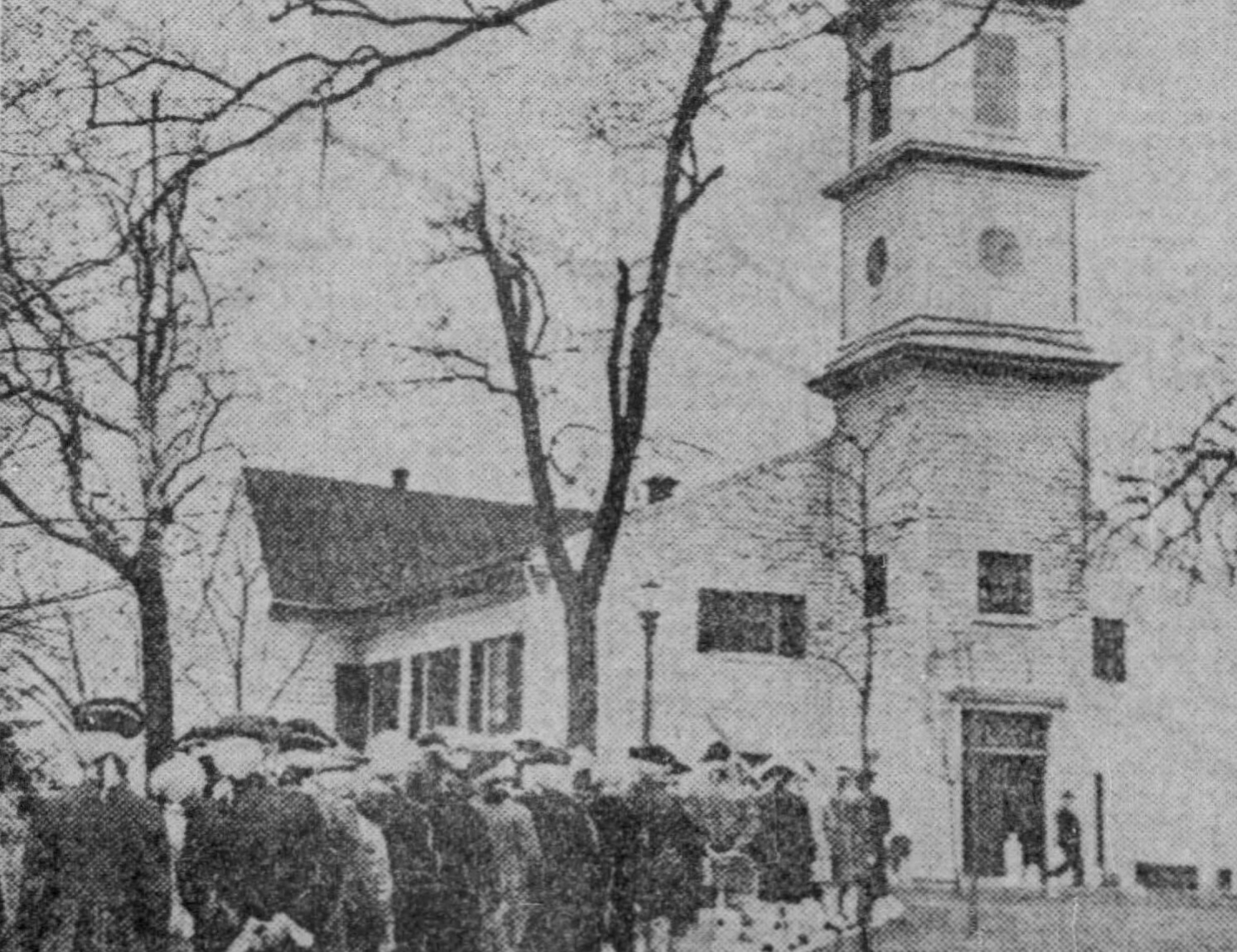
By John A. Ragosta On March 23rd in 1775, Patrick Henry rose at St. John’s Church in Richmond, Virginia, to urge his countrymen to arm
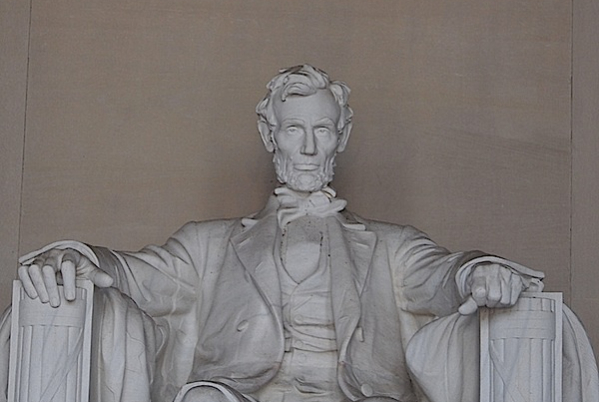
By Brian Matthew Jordan One hundred and fifty-nine years ago this Sunday, a 26-year-old white supremacist and Confederate sympathizer named John Wilkes Booth pointed a
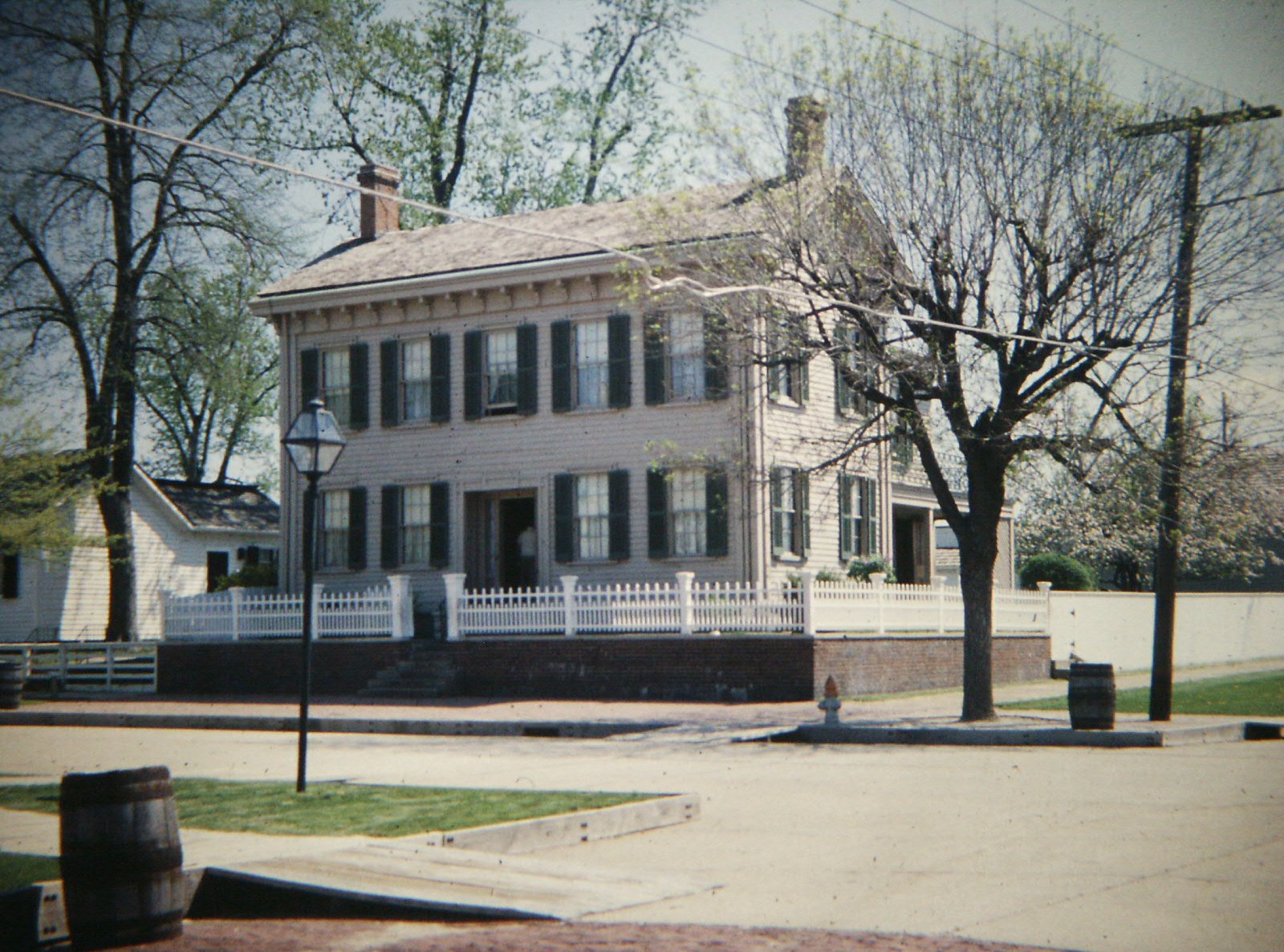
By Jonathan W. White Historians and the general public regularly rank Abraham Lincoln as America’s greatest president. There is little doubt that he is widely
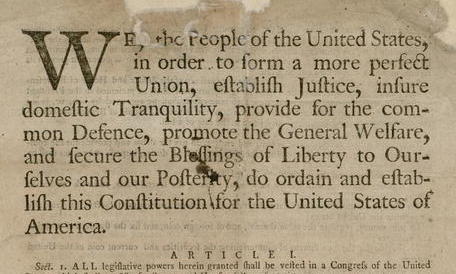
By Hans Zeiger December 15th marks Bill of Rights Day, which commemorates the 232nd anniversary when the first ten amendments to the U.S. Constitution were

The Patriot Week Foundation achieved its 501(c)(3) status in December 2012 and has moved forward by building a sustainable, nonpartisan organization. Currently staffed with an Operations Manager and Education Consultant, the Patriot Week Foundation will be adding to its complement of talent shortly.
This unique, historically grounded, non-partisan approach is desperately needed in our toxic political environment. In no small measure, the fate of the nation depends on it.
Get in Touch
Fill out the form, our team will get back to you ASAP.